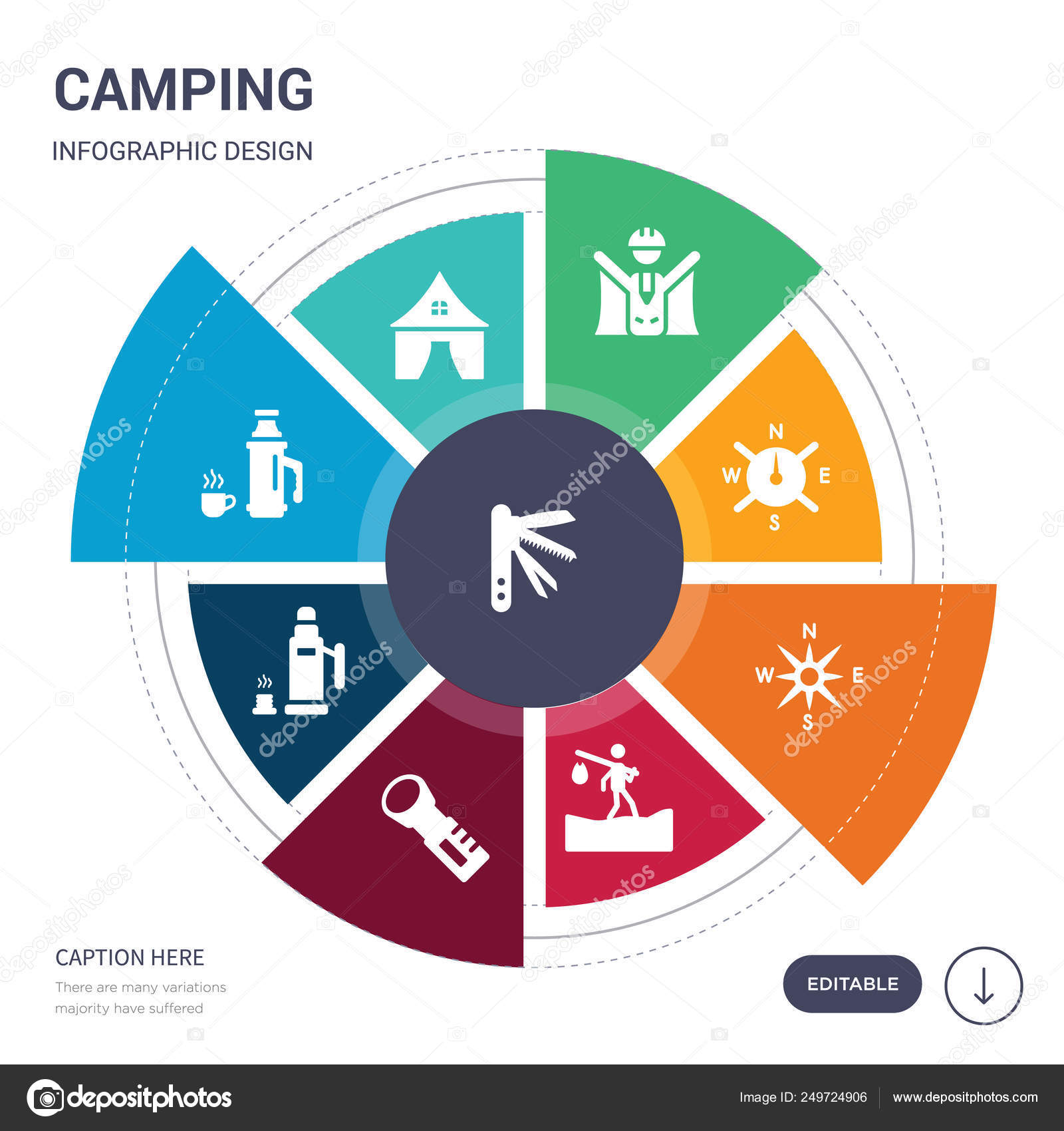The Definitive Guide to camping tent size
The Definitive Guide to camping tent size
Blog Article
Safety Considerations for Household Outdoor Camping Tents
Safe and fun outdoor camping journeys are feasible for the entire family when everyone complies with fundamental safety and security standards. Teach children to respect wildlife and natural things, constantly maintain a first-aid kit with plenty of shed lotion accessible, and be prepared for unforeseen situations by investigating the camping area, climate patterns, and geographical features.
Are you safe from lightning in a tent?
Pick the Right Outdoor Tents
Parents that camp know that the ideal tent can make or damage an outdoor camping trip. The tent you select have to be durable enough to withstand the harsh treatment that youngsters and pets can deliver. It ought to likewise be simple to establish, with attributes like color-coded posts and quick-clip systems.
You must additionally take into consideration the dimension and ability of the camping tent you want to buy. Look for a floor location and optimal elevation that can suit the variety of individuals in your household, plus additional area to minimize crowding or claustrophobia.
When choosing a camping area, survey the area for risks, such as animal burrows, harmful plants and rocky drop-offs. It's also a good concept to pick a website that uses some type of security functions, such as boundary fencing and nightly campground patrols.
Outdoor tents Arrangement
When establishing camp, discover a flat area that allows sufficient to easily fit your camping tent and any other aspects you're planning for, such as a fire pit. Clear away any kind of particles like sticks or rocks and watch out for potential hazards, such as sloping pitches that can create you to roll about throughout the night and rain swimming pools in concave locations.
If it's gusty, place your camping tent so the side with the greatest pole framework encounters the wind to minimize the possibility of it blowing through and causing injury or damages. When possible, select a website that is additionally shielded by natural obstacles to decrease wind and rain dangers. You might additionally want to lay down a tarpaulin a little smaller than your outdoor tents floor to keep it completely dry.
Tent Storage space
Many camping tents are made with vents and flaps that motivate air flow. However, you need to constantly keep flammable things like garments and sleeping bags far from these openings to stay clear of fire hazards. Air flow is likewise important to reduce smoke and carbon monoxide gas build-up, which are major health threats.
Never luxurious tent ever rest directly on the ground and instruct kids to stay clear of it. This prevents tripping and falling injuries, as well as insect attacks.
Educate children to constantly look for threats prior to entering their tents, such as loose rocks or tree limbs that might fall during a storm. It's likewise a great concept to come to the camping area prior to nightfall to make establishing camp much easier and more secure. This additionally gives you an opportunity to find any kind of potential problems, like snakes or harmful plants.
Outdoor tents Weather
There are couple of things more delightful than relaxing a campfire roasting s'mores under a star-filled sky. But prior to you pitch your camping tent, make sure your family members has the proper sleeping equipment and understands just how to appropriately use a campfire.
Outdoors tents can likewise be affected by climate condition, such as rain and wind. Wind can transform the anxiety on the tent, loosening up ratchet assemblies and pulling survey of the ground. Rain can cause tents to leakage.
Seek camping tents that provide good air flow and minimize condensation (wetness that normally forms from your body's breath). Think about bringing a tarpaulin in case of rain. And always leave your tent if there are lightning strikes nearby.
Camping tent Safety and security
Tents that don't follow fire and life safety demands are a fire threat. Additionally, storing combustible materials like wood, gas canisters, and lp within the outdoor tents can trigger them to overheat and even explode. To minimize these risks, they must be stored outside the outdoor tents sheltered by a sturdy tarp.
Fire threats likewise emerge from improper usage and storage of ovens. Stoves that aren't properly aired vent can launch carbon monoxide, a harmful harmful gas.
Camping tent tethers and risks can develop journey hazards in walkways and paths. To minimize these threats, occasion organizers need to consider making use of noticeable weights on tethers, setting up tether cleats, or employing safety and security cones around risk lines. Furthermore, they must make certain that exits are not obstructed by furnishings, camping tent wall surfaces, or other frameworks.
How many can sleep in a 4m bell tent?
